Microsoft open sources one of Bing’s most advanced AI tools
2 min. read
Published on
Read our disclosure page to find out how can you help Windows Report sustain the editorial team Read more

Once again Microsoft has sought the counsel of the open source community and laid one of its most power AI technologies at its feet.
As of May 15, 2019, the open source community congregating at GitHub repositories will now have access to Microsoft’s Space Partition Tree and Graph (SPTAG) algorithm that “allows users to take advantage of the intelligence from learning models to search through billions of pieces of information, called vectors, in milliseconds.”
As a bit of a refresher, Vector searching stems from the evolution of keyword search but conduct searches based on broader conceptual understanding more than specific keyword queries. As voice search lurches towards prominence, Vector searches that involve more conceptual questions such as “How tall is the tower in Paris?”, will spur answers that involve Paris’ most well-known landmark, the Effiel Tower, without the user ever having to explicitly involve the Effeil keyword.
Microsoft AI blog author Charlie Walburger walks through the more nuanced description of Vector searching as such:
Essentially a numerical representation of a word, image pixel or other data point, a vector helps capture what a piece of data actually means. Thanks to advances in a branch of AI called deep learning, Microsoft said it can begin to understand and represent search intent using these vectors.
Once the numerical point has been assigned to a piece of data, vectors can be arranged, or mapped, with close numbers placed in proximity to one another to represent similarity. These proximal results get displayed to users, improving search outcomes.
The combination of Microsoft’s SPATAG algorithm used in Bing, and the evolution of voice and audio search is on display in this new 2:37 min long company produced video below.
Microsoft’s Bing search engine has been implementing Vector searches for its own efforts to varying degrees of success and now developers with considerably fewer resources than the software giant, will reap the benefits of its cloud development A/R.

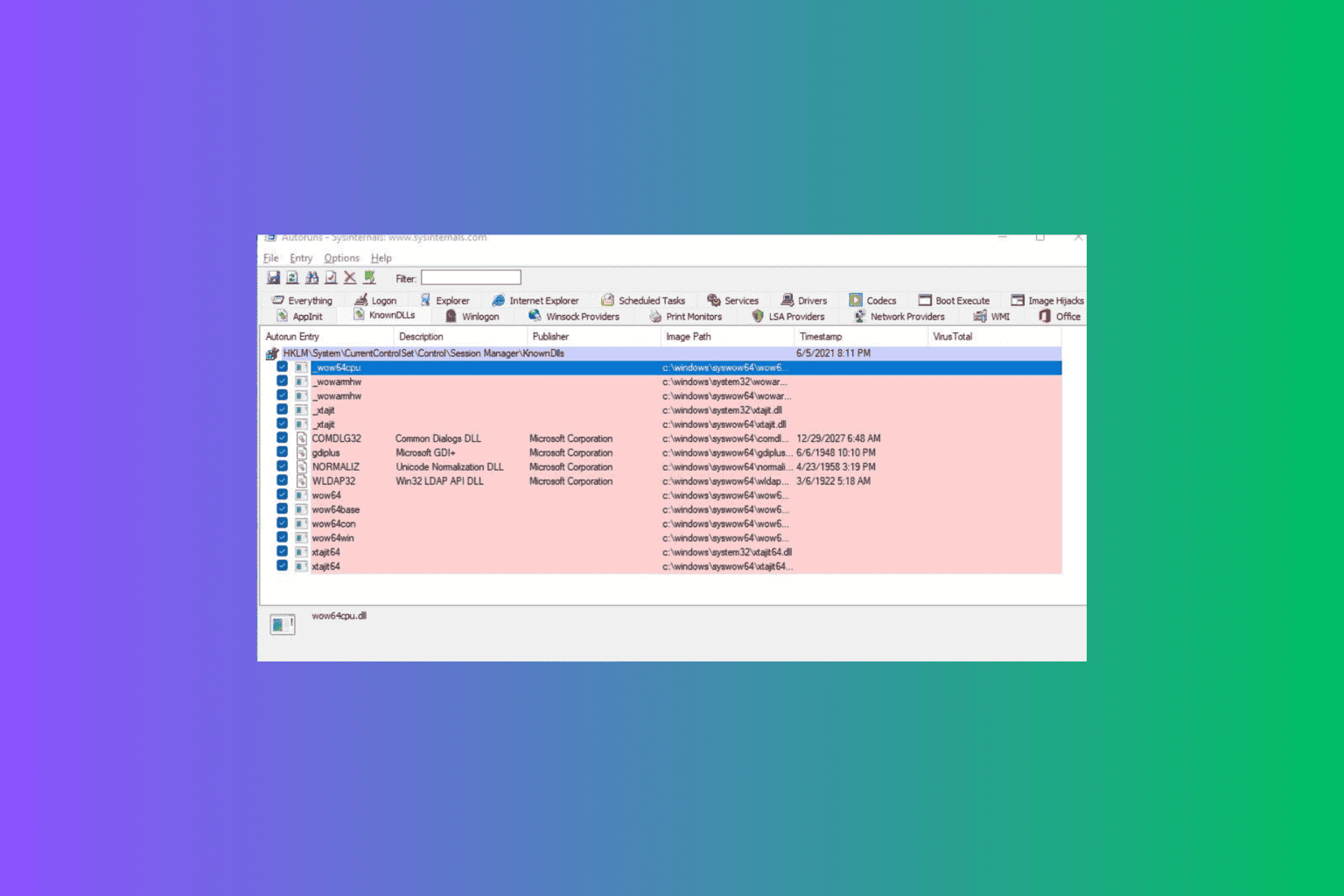

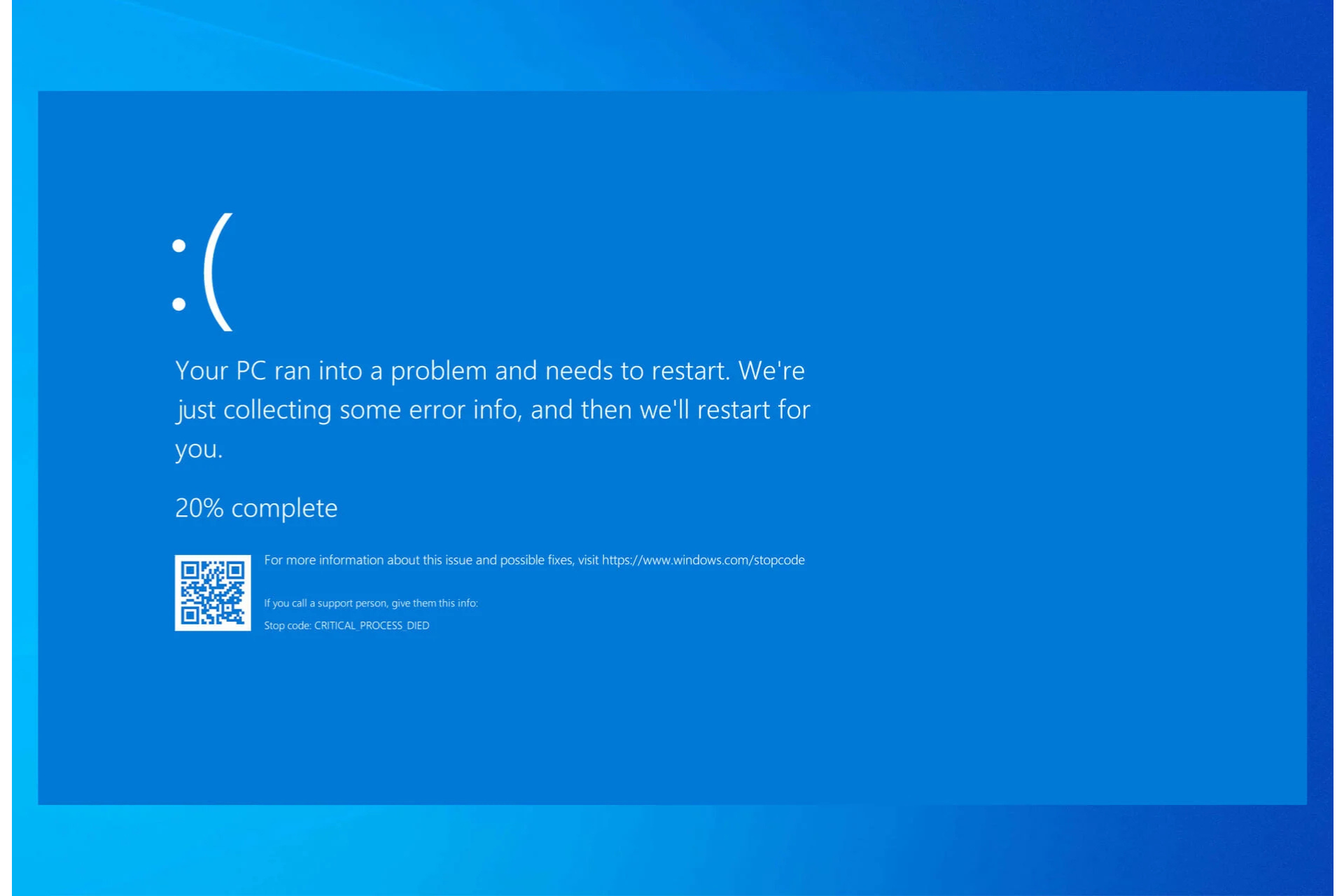
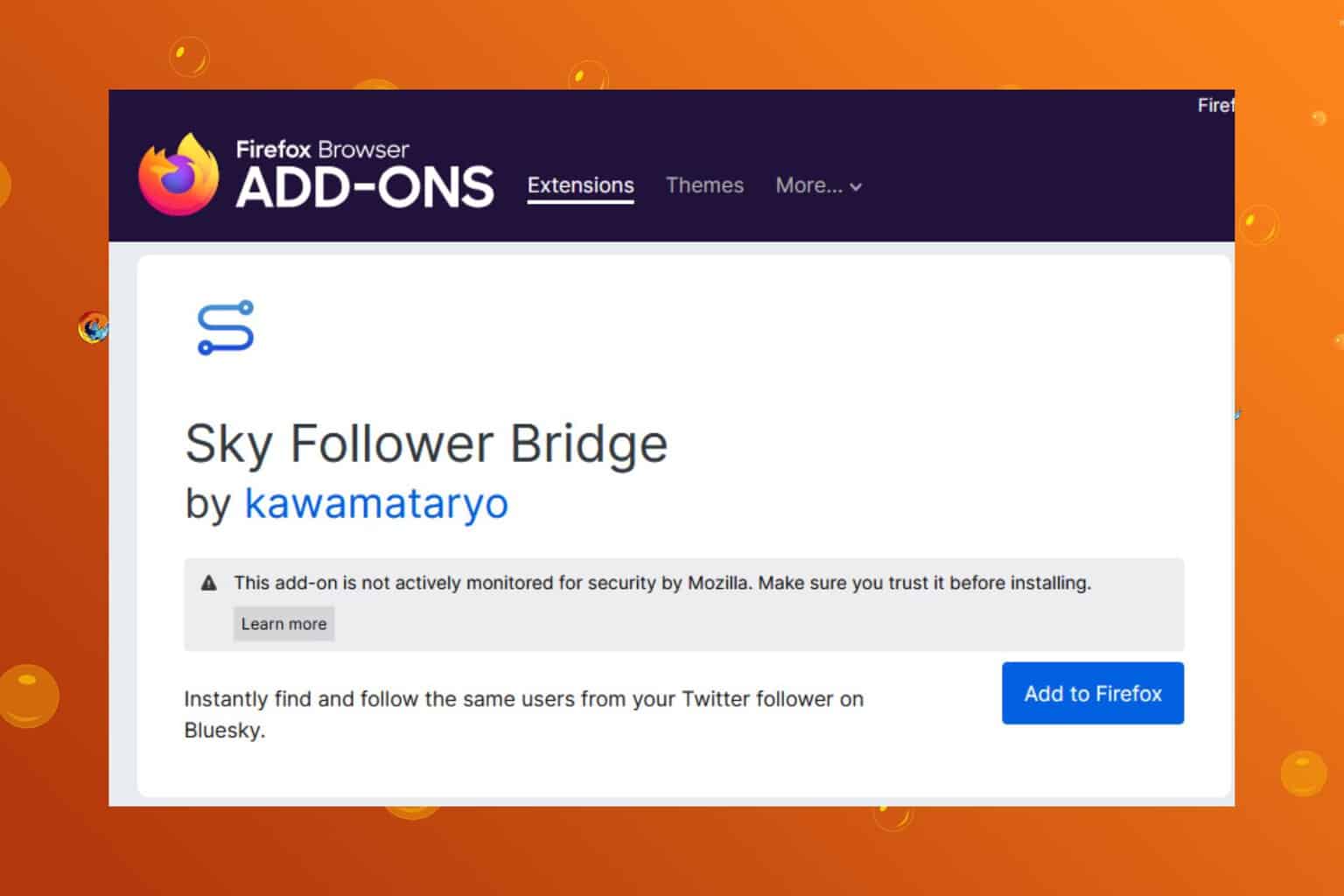

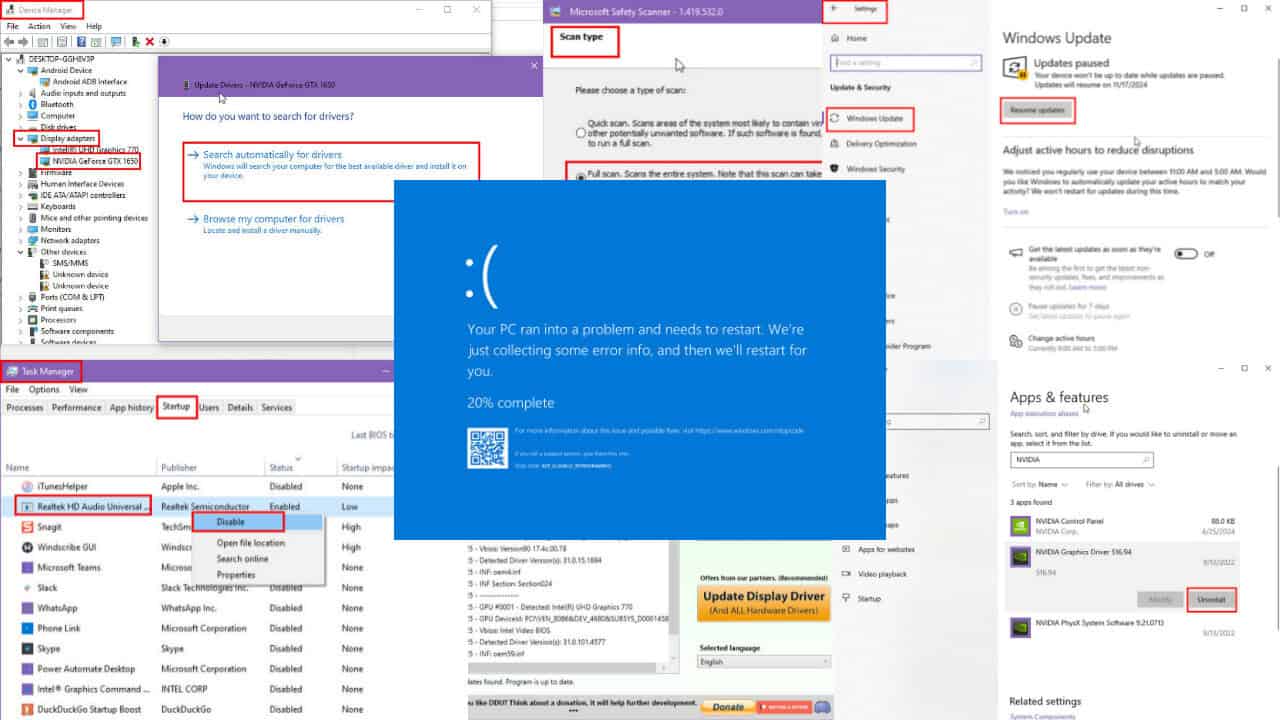
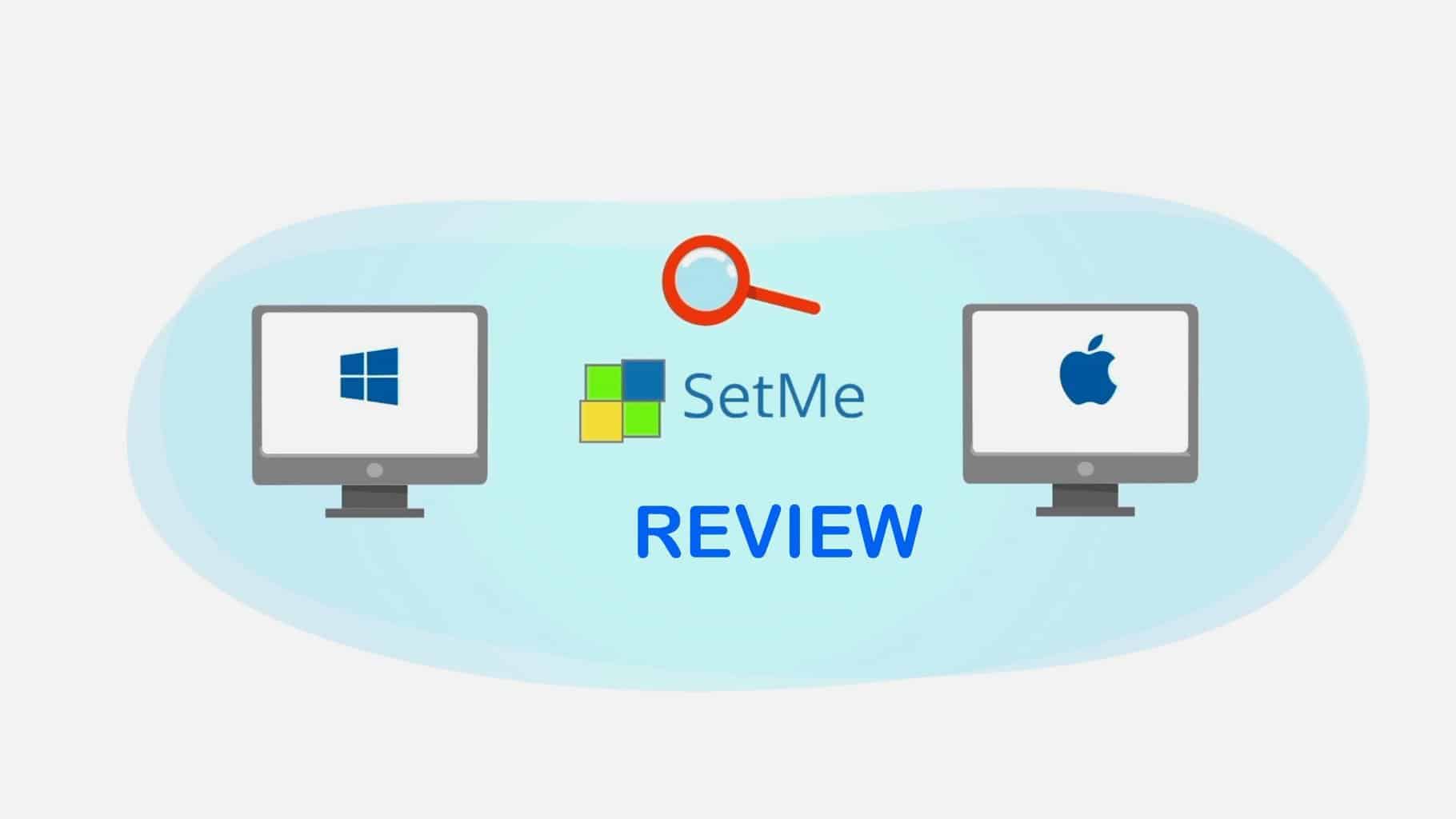
User forum
0 messages